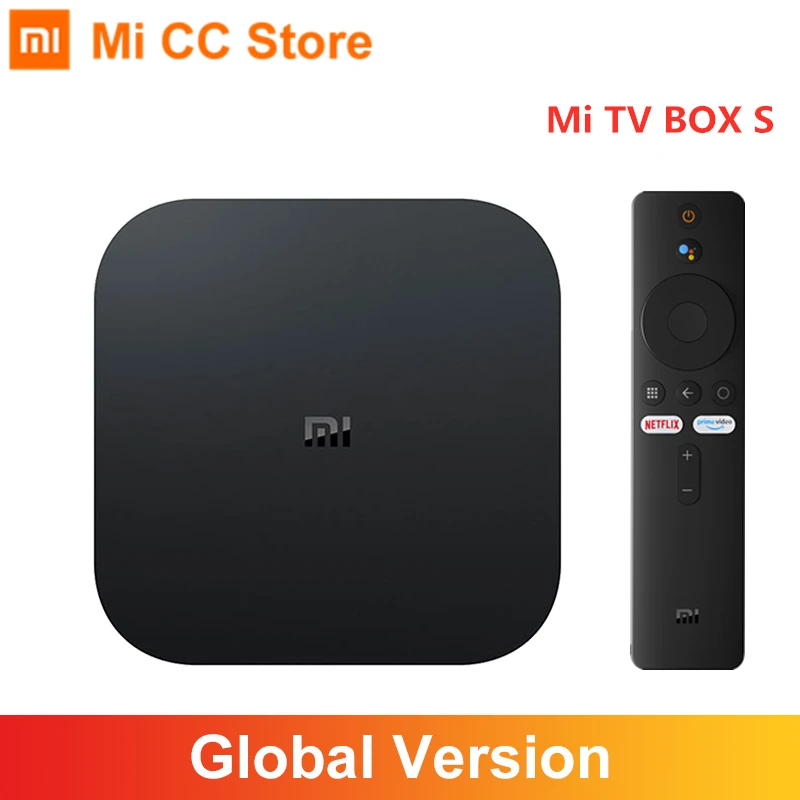With automatic 4 CL spots imo if Roma, Napoli, and Lazio can keep Milano clubs out of CL another year they will permanently establish themselves as the new big clubs of Italy outside of Juve. Fingers crosssd this happens.
None of them have shit on us historically, thus Milano clubs going irrelevant will just mean more money for us if their potential fan-base decides to support us.
- - - Updated - - -
The verdict on VAR
The most recent Derby d’Italia between Juventus and Inter was a gleaming endorsement for Serie A. It showcased its goals, its drama, but also opened a window into the strength and foibles of Video Assistant Refereeing (VAR), as its use saw goals disallowed and players sent off.
Napoli President Aurelio de Laurentiis says VAR stinks, while Juventus Chief Andrea Agnelli says he wants to see it in the Champions League. But with the controversial technology set to make its debut at the Russia World Cup this summer, no doubt it is the future, no matter the opinion in Italy.
Like anything, the technology can be improved, but often its application causes issues, which is why it’s efficacy and popularity varies in different countries. For many in England, its sporadic use in the historic and coveted FA Cup has been haphazard at best. Staunch naysayers on the new technology were somewhat vindicated after an error-strewn and perplexing 90 minutes of football in the FA Cup between Tottenham and Rochdale.
In a match between Bundesliga sides Mainz and Freiburg, a handball decision was awarded retroactively, but only after the players had already gone down the tunnel for half time. They were all hauled back to the pitch for the resulting penalty to be taken.
VAR is only as good as those who use it, and whether Italian referees are the best in Europe is up for debate, but no doubt they have taken to the technology quicker than most.
Out of 1,736 checks in 346 games and 105 corrections there were only 17 errors, of which only eight affected the result. Without VAR the likelihood or errors increases 500%.
Marcello Nicchi, head of the Italian referees, says Italy are leading the way with the technology and he is right. That wasn’t always the case, though.
As early as Week 2, referees thought they had done well to spot the foul by Daniele Rugani on Andrey Galabinov in the box in a match between Genoa and Juventus, but failed to spot that Galabinov was offside, handing the home side an unwarranted spot kick.
Roberto Donadoni says VAR punishes the smaller teams, but many have said the same of refereeing decisions for years.
The team with biggest chip on their shoulder about it is Lazio. A three-game spell against Fiorentina, Sampdoria and Torino saw penalties, handballs and red card decisions go against them. Some of their appeals were not even given the courtesy of a video review.
President Claudio Lotito saw what he viewed as poor decisions as part of a larger conspiracy against Lazio as a football club. He threatened to pull them out of Serie A, with fans protesting the technology and its decisions outside the Italian FA’s headquarters and players voicing their anger on social media.
The ability to review events moments after they happen brings more scrutiny. Referees are expected to make the right call after reviews. Players do complain slightly less than before, which means very little time is added on, cancelling out one of VAR’s main faults. Review times have been slashed, as have the number of fouls, yellow cards and dives. Like it or not, VAR works.
It is not perfect by any means. Some still complain about VAR sucking the thrill and emotion from football and that might not change for a while. More decisions can perhaps be left to officials with screens instead of the referee having to trudge to the side-line too often.
Fans in the stadium should be able to see what the referee sees to avoid confusion, like in Rugby, and that is planned for the 2018 World Cup. After all, many of them can just look at their phones to see the images within moments anyway.
But all the naysayers in Italy only have to look around to see things could be worse. And for a technology in its infancy that is still befuddling to many, that is a step in the right direction.
 Buy on AliExpress.com
Buy on AliExpress.com

 It would indeed make things harder for us, but would be great for the league's overall level tho.
It would indeed make things harder for us, but would be great for the league's overall level tho.


